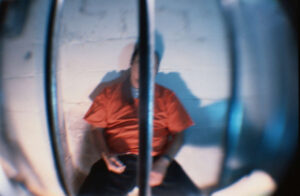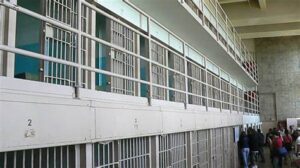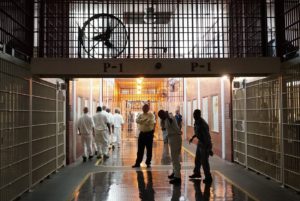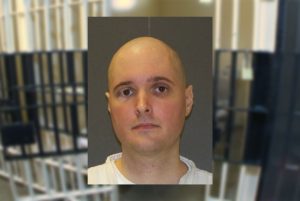Allow me to stipulate that I am acutely aware that convicted felons serving time in Texas’s vast prison system aren’t exactly a crop of model citizens.
Still, do they deserve to die in prison from heat-related causes? No!
What’s more, the Texas Department of Criminal Justice appears stubbornly to refuse to acknowledge the deaths of inmates — when they involve the oppressive heat — are in fact the result of what we all are feeling at this moment.
Summer in Texas always produces this kind of reporting. The Texas Tribune reports that at least nine TDJ inmates have succumbed from the current heat wave, but that the agency is reluctant to identify heat as the cause of death.
What the hell?
Most of the TDC units have no internal air conditioning. TDCJ officials rely on nature’s remedy to give inmates some relief. The Legislature, which is battling over property tax reform, seems to treat the health of the state’s inmate population as, well … no big deal.
Yeah, it’s a huge deal, man.
Legislators entered this year’s session with a budget surplus of more than $32 billion. Did they peel off some of that money to equip or prison system with A/C units? Hah! Hardly!
This isn’t a matter of “getting tough on crime and those who commit them.” It’s a matter of human decency.








